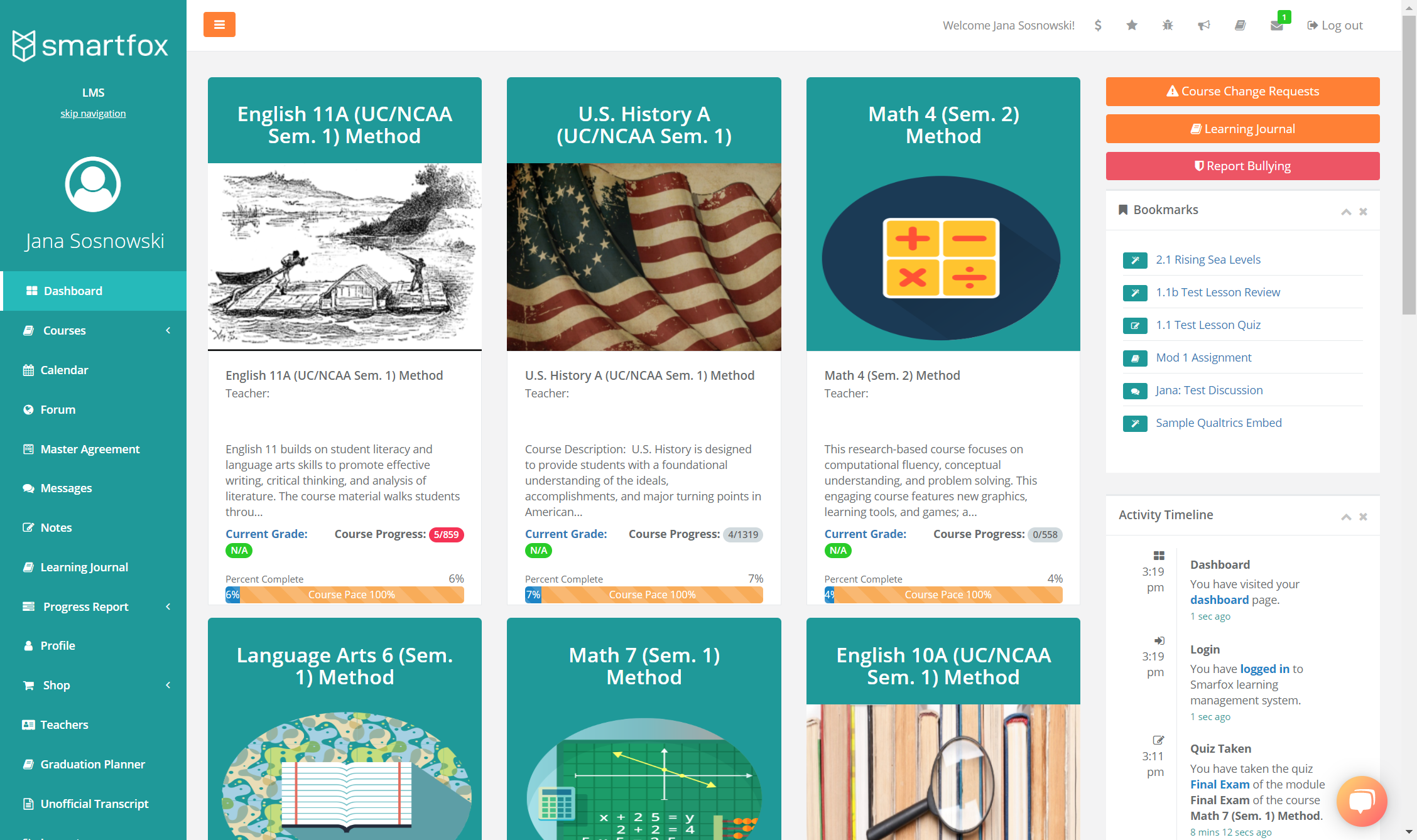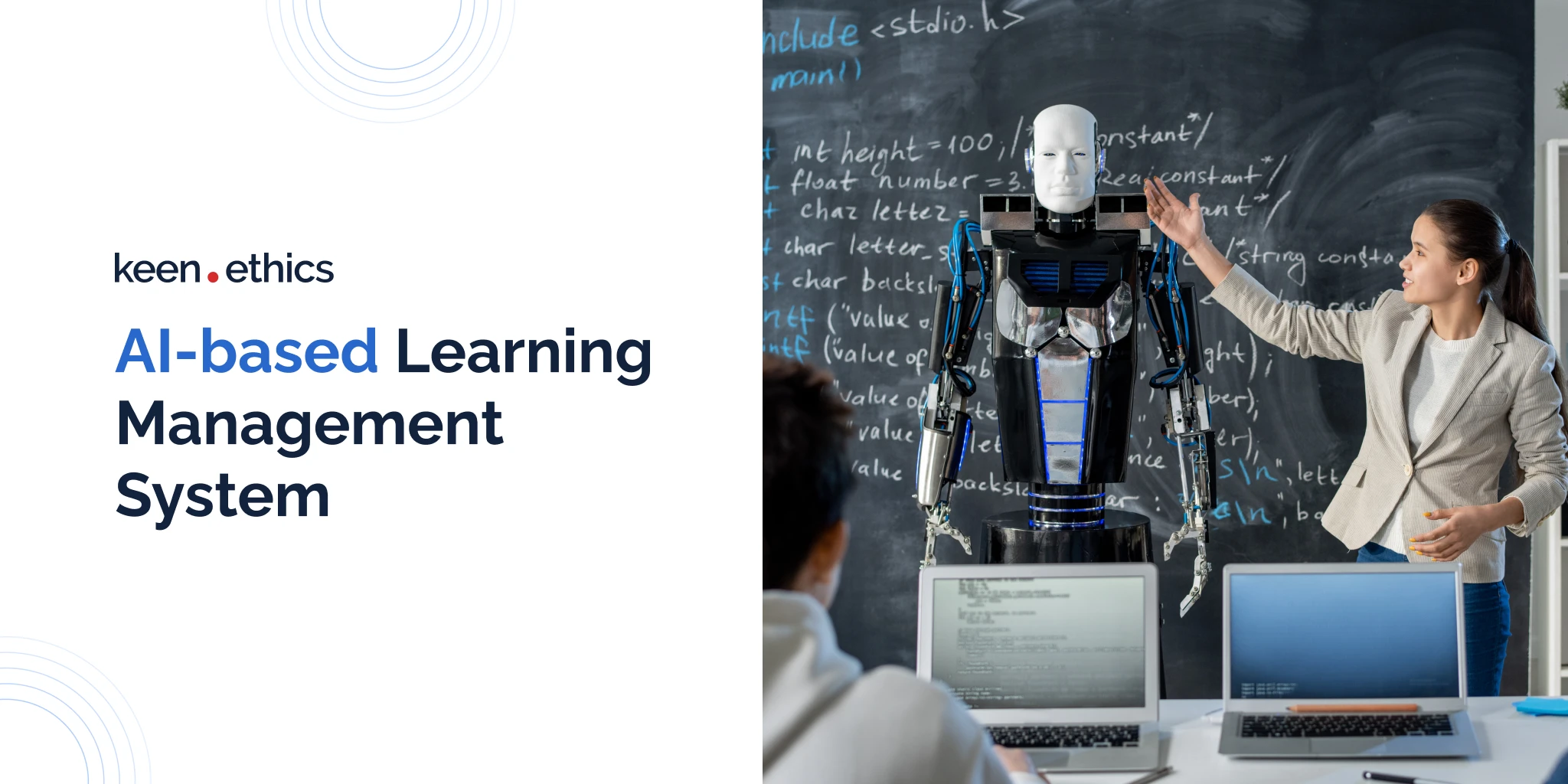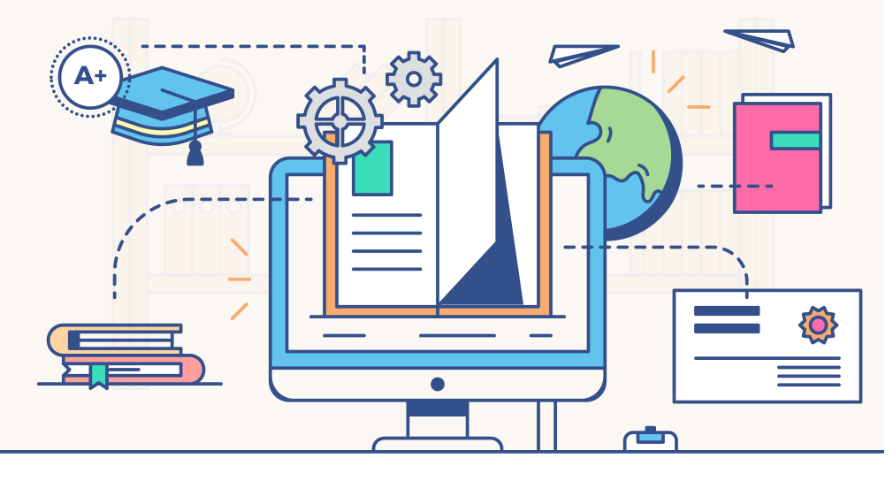Choosing the most effective Learning Monitoring System for Your Company
Choosing the optimal Understanding Monitoring System (LMS) for your organization is a multifaceted choice that needs careful factor to consider of numerous aspects. From defining specific understanding purposes that reverberate with your critical vision to evaluating individual experience, each aspect plays an essential function in the total performance of the system. Additionally, recognizing assimilation capacities and making sure scalability for future requirements can not be neglected. As companies pursue efficiency and development, the choice of an LMS ends up being increasingly substantial. What are the important considerations that can influence your decision-making procedure?
Specify Your Knowing Purposes
Specifying clear discovering purposes is vital for the effective implementation of an Understanding Administration System (LMS) These purposes work as a roadmap, directing the advancement of material, analyses, and overall educational techniques within the LMS. By developing particular, measurable, attainable, pertinent, and time-bound (CLEVER) objectives, companies can make sure that the discovering experiences are straightened with their tactical objectives and learner demands.
Effective learning purposes need to envelop what learners are expected to understand or be able to do upon completion of a training course or training program. This clearness not only help in material development yet also facilitates the evaluation of learner progress and the general effectiveness of the LMS. LMS SG. Distinct purposes enable stakeholders to assess whether the chosen LMS features and capabilities align with their educational objectives.
Assess User Experience
Once discovering objectives have actually been established, examining individual experience becomes an essential following action in picking a proper Learning Administration System (LMS) Customer experience encompasses the total complete satisfaction and simplicity with which students connect with the system. A properly designed LMS must assist in intuitive navigating, guaranteeing that customers can situate programs, materials, and support easily.
To examine individual experience, take into consideration conducting functionality testing with a representative sample of end-users. This can offer important understandings into just how learners involve with the system. Trick variables to evaluate consist of the LMS's user interface design, ease of access functions, mobile compatibility, and the clearness of instructions provided. Individual comments is essential; accumulating surveys or conducting interviews can reveal usual pain points and areas for renovation.
In addition, examine the availability of support sources, such as tutorials and help facilities, which can boost the customer experience. The responsiveness of client assistance is likewise vital; prompt aid can substantially reduce disappointments that individuals might run into. Ultimately, choosing an LMS that prioritizes customer experience not only enriches the finding out process but likewise fosters higher interaction and fulfillment amongst learners.

Evaluate Integration Abilities
Identifying the value of seamless performance, reviewing combination abilities is important when picking a Learning Management System (LMS) An effective LMS should facilitate interoperability with existing systems, such as Human Resource Monitoring Equipment (HRMS), Consumer Connection Administration (CRM) systems, and various other instructional devices. This combination enhances data flow, reduces management problems, and makes sure a cohesive learning setting.
When analyzing an LMS, take into consideration the types of combinations offered. Seek Application Shows Interfaces (APIs), Single Sign-On (SSO) capacities, and pre-built ports that improve assimilation procedures. Additionally, validate the LMS's capability to integrate with third-party devices, such as content collections or evaluation platforms, which can significantly improve the knowing experience.

Think About Scalability and Flexibility
As companies progress, the capability of an Understanding Monitoring System (LMS) to range and adapt comes to be increasingly vital. A scalable LMS can fit growth in individual numbers, course offerings, and material without endangering performance or customer experience. As companies increase, whether through raised personnel, brand-new locations, or diversified training demands, the LMS ought to flawlessly grow along with these changes.
Versatility is just as vital; a reliable LMS should sustain various discovering methods, such as online, blended, and mobile knowing. This flexibility see this here allows organizations to react quickly to emerging trends in training and advancement, guaranteeing that they can offer appropriate and interesting knowing experiences - Learning Management System Singapore. In addition, the system should offer adjustable attributes, enabling organizations to tailor the LMS to their certain needs and branding
Moreover, a flexible LMS should integrate quickly with existing tools and platforms, facilitating a cohesive learning community. Thus, when choosing an LMS, it is important to examine not just its present abilities yet likewise its prospective to adapt and grow in alignment with the organization's strategic goals and evolving finding out demands. This insight can dramatically boost the lasting feasibility of the selected LMS.
Evaluation Costs and Budgeting
When evaluating a Learning Monitoring System (LMS), assessing expenses and budgeting is crucial to make certain that the financial investment straightens with the company's critical goals and monetary abilities. Organizations ought to begin by recognizing the overall cost of ownership, which consists of licensing costs, execution expenses, maintenance, and any kind of extra expenses such as training and technological support.
It is critical to compare numerous LMS options, as prices versions can vary substantially amongst vendors. Some systems may use a subscription-based model, while others might charge a single cost. Organizations ought to additionally consider the scalability of the LMS; as they expand, the expense framework may change, affecting lasting budgeting.

Verdict
Selecting a proper Understanding Management System (LMS) is vital for attaining business learning objectives. A detailed analysis of customer experience, integration capabilities, scalability, and financial considerations makes sure that the selected LMS lines up with critical objectives and student demands. By methodically addressing these factors, organizations can enhance learning outcomes, you could look here help with seamless procedures, and support future development. Inevitably, the right LMS acts as a pivotal tool in cultivating a reliable learning setting and driving business success.
Picking the optimum Discovering Administration System (LMS) for your organization is a complex decision that requires mindful factor to consider of various components.Specifying clear knowing purposes is necessary for the successful implementation of an Understanding Administration System (LMS)Once learning goals have been developed, examining user experience comes to be an important following step in choosing an appropriate Understanding Management System (LMS)As companies evolve, the capacity of a Knowing Monitoring System (LMS) to scale and adjust comes to be progressively vital.Choosing an ideal Knowing Management System (LMS) is necessary for achieving organizational understanding objectives.